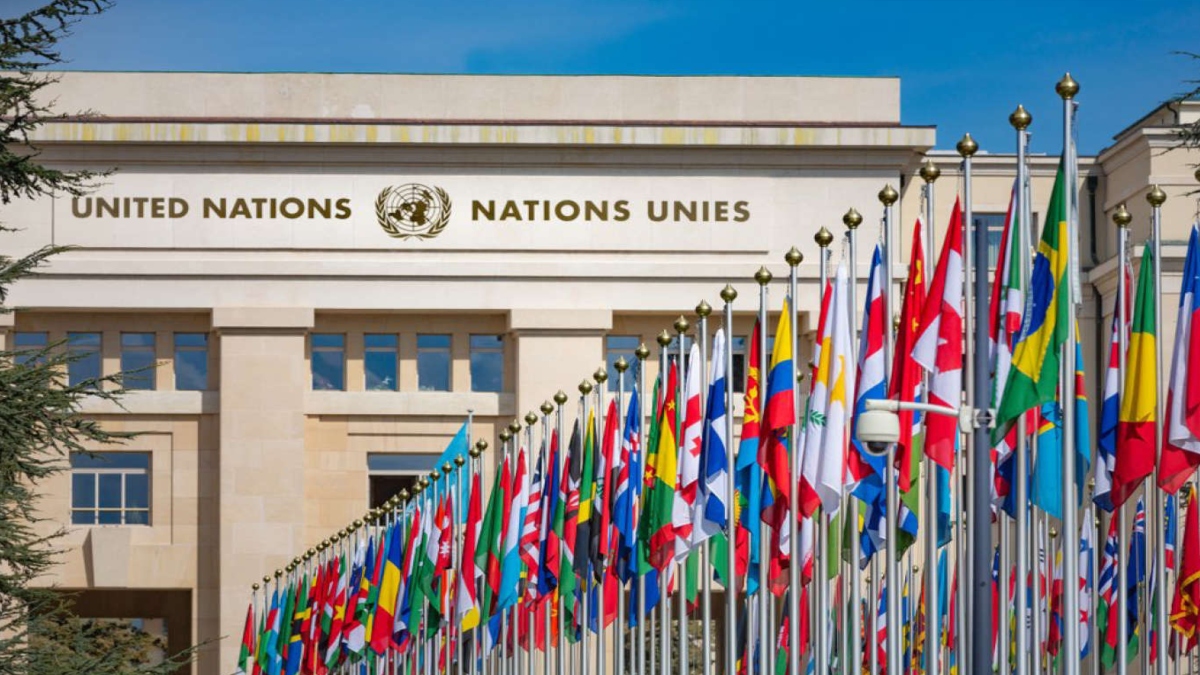


There are times that even “bizarre” does not describe the actions of the United Nations, the latest instance being singling out one faith, Islam, and placing it on the victimhood-pedestal and then dedicating a day, 15 March, as the “International Day to Combat Islamophobia”. As India’s Permanent Representative to the UN, T.S. Tirumurti said, instead there should be a day for “religiophobia”, for it is not just the people of the Abrahamic faiths who face discrimination, but people belonging to non Abrahamic faiths too. The Hindus and Sikhs being persecuted in Pakistan are as much of a victim of “religiophobia” as Muslims in China. But to pick one faith for special attention, while ignoring other faiths, amounts to discrimination. By its very nature the resolution adopted by the UN is exclusionary, when “religiophobia” would have made it inclusive. The UN charter mentions one of the tasks of the world body is “to reaffirm faith in fundamental human rights, in the dignity and worth of the human person, in the equal rights of men and women and of nations large and small…” Resolutions such as the one on Islamophobia implies that one religion should get primacy over others, and thus goes against the spirit of the UN charter. Even if some may see this being about expiating “white guilt”, which other religions faced the maximum onslaught from the West but the Indic ones? And onslaught on the Indic religions went on for centuries, with waves of invasion—both Islamic and Christian—battering the Indian subcontinent. In a post 9/11 world, it is understandable why Islamic nations would rise up against attempts made to tar a whole religion and its followers for the actions of a few, but does that mean that a world body like the UN will lose sight of both history and of contemporary events?
As India pointed out, the UN should not get divided into religious groups. India also regretted that the term “pluralism” that it tried to get incorporated in the resolution was dropped—which is shocking. It’s hoped that henceforth the world body and its different arms would desist from lecturing countries on rights violations and inclusivity, given that it is itself guilty of promoting inequality in the name of combating Islamophobia.
The resolution was brought by the Organisation of Islamic Cooperation (OIC), was introduced by Pakistan and co-sponsored by, among other countries, China. If hypocrisy had a face, this would be it—China, which operates Nazi-like concentration camps in Xinjiang province where it has incarcerated at least a million Uyghur Muslims. And then there is Pakistan, whose minority population has nearly disappeared over the years; Pakistan, which persecutes its own Shia population and has “excommunicated” the Ahmadiyya Muslim sect, so that being an Ahmadiyya is punishable by a jail term. But then the actions of China and its iron-brother Pakistan obviously do not count as Islamophobia in the eyes of the UN.
Also, how many followers of the Islamic faith have been killed by fellow Muslims, in Pakistan, Afghanistan, in Syria, Iraq, and in the rest of West Asia for their faith in a moderate form of Islam? Or is killing of Muslims by Muslims not to be regarded as Islamophobia?
Now that this resolution has been adopted, there is a strong possibility of a country like Pakistan using the cover of Islamophobia to extend a protective umbrella to its pet terrorists if the UN tries to proscribe such individuals. Also, India can expect to be painted as Islamophobe by Pakistan and its like-minded countries regularly.
As India pointed out at the UN, when 22 August has already been designated as the International Day Commemorating the Victims of Acts of Violence Based on Religion or Belief, and 16 November is observed as International Day of Tolerance, where was the “need to elevate phobia against one religion to the level of an international day”?
By allowing this resolution to be adopted and by not allowing the word “pluralism” in the resolution, the UN has failed large swathes of the global population.